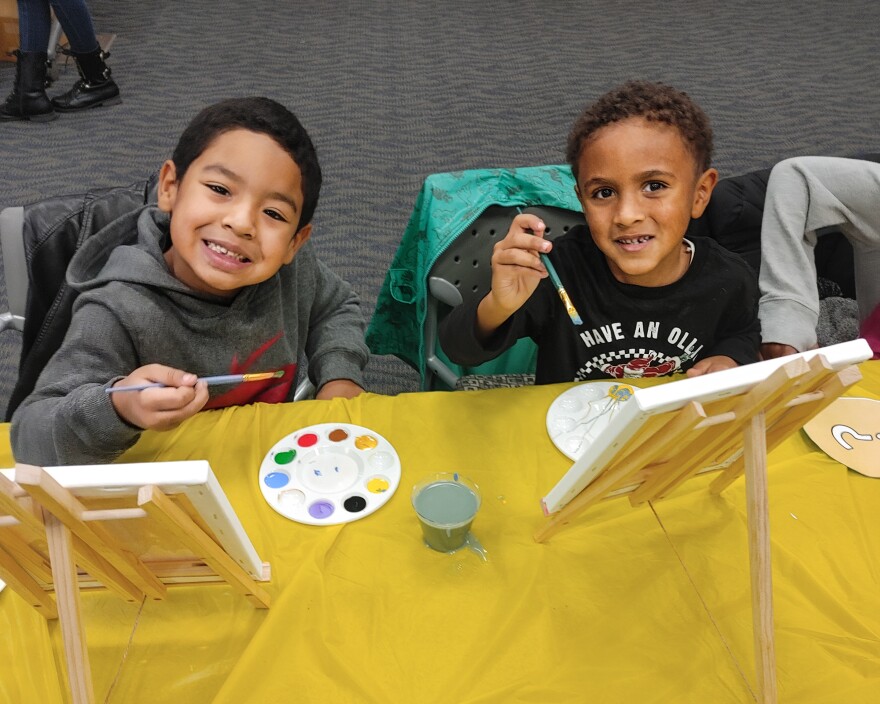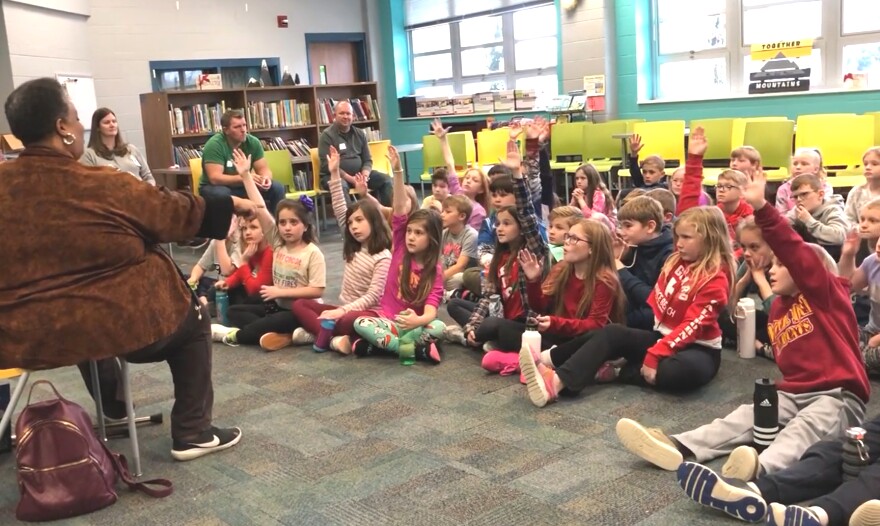
Kwanzaa is the week of December 26 to January first. The holiday week was developed in 1966 to build and bolster communities and families using modern ideas from traditional celebrations from the African continent.
It’s a time set aside for reflection and focus on family and community.
Every day of Kwanzaa has a name, and a purpose or goal. The names are Swahili but translate into the seven main principles of Kwanzaa.
For example Monday, Dec. 26 was Umoja, or Unity. Wednesday is Ujima or Collective Work and Responsibility.
Aretha Sebree Graves is an Evansville African American Museum board member, and Soul Writers' Guild president. She’s helping coordinate Kwanzaa activities among the various community groups.
“Kwanzaa to me, is an opportunity at the end of the year to reflect on family values, traditions, and it serves as a guideposts to reflect on the past year and to set some goals for the coming year.”
This year there are five activities during the seven-day Kwanzaa week. She hopes to expand to a full week in coming years.
She said anyone can observe and participate in Kwanzaa activities – African ancestry or not.
“We may have our differences, but these seven principles, you find that unity, self determination, collective work and responsibility – those are qualities, traits, and hopefully traditions that you would like to see within your own family within your own community … no matter who you are or where you live.”
Sebree Graves said Kwanzaa is non-religious and non-military.
“So even though it was uniquely designed for African Americans to reengage or get back in touch with our African traditions and African roots, it is open, much like St. Patrick's Day, or any other holiday for all Americans to observe, appreciate, and celebrate.”
‘Unity’ of the community is a main goal and principle of Kwanzaa which Sebree Graves has seen manifest in celebrations over the years with repeat attendance and interest in growing Kwanzaa events.
There is one remaining Kwanzaa event on Saturday at the Evansville African American museum centering on arts from 2-4 p.m.
The Seven Principles of Kwanzaa
- Umoja (Unity) To strive for and maintain unity in the family, community, nation, and race.
- Kujichagulia (Self-Determination)
- Ujima (Collective Work and Responsibility)
- Ujamaa (Cooperative Economics)
- Nia (Purpose)
- Kuumba (Creativity)
- Imani (Faith)
Source: National Museum of African American History & Culture


